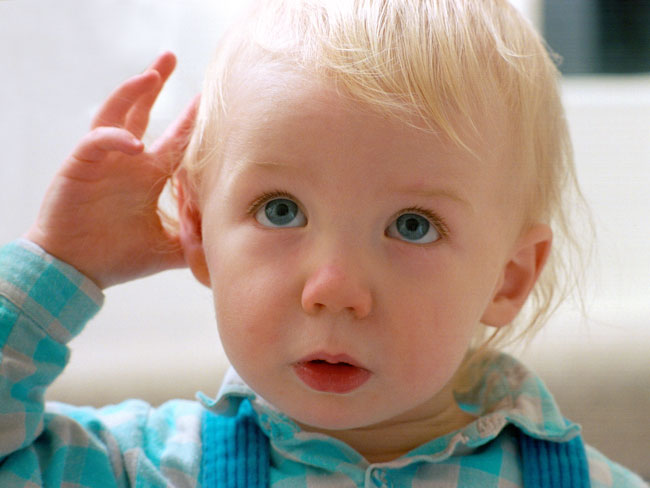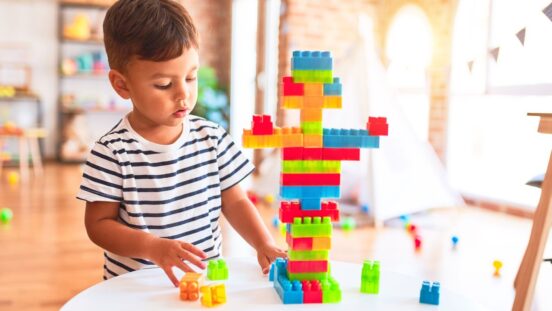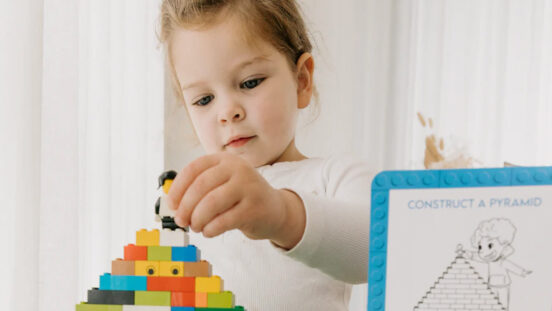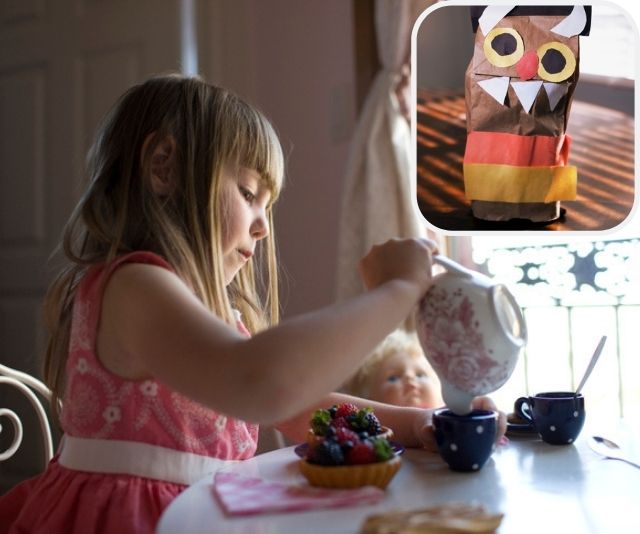Toddlers change their behaviour to avoid angering adults

A new study has revealed that toddlers as young as 15 months are able to modify their behaviour to avoid making adults angry.
Toddlerhood is an important stage for children are they begin to understand their social world and how people will react.
A new study by researchers at the University of Washington have found that children as young as 15 months are able to detect anger when watching other people's social interactions. The study found toddlers are capable of using this emotional information to modify their own behaviours.
Lead author, Betty Repacholi, an Associate Professor in Psychology was impressed with the discovery of such emotional perceptiveness in toddlers.
"In this study we found that toddlers who aren't yet speaking can use visual and social cues to understand other people – that's sophisticated cognitive skills for 15-month-olds."
The study was based on an experiment involving 150 toddlers. Each toddler sat on their parent's lap and watched as an adult 'experimenter' demonstrated how to use a range of toys.
The children watched eagerly as they saw how the toys' various moveable and noisy parts all worked.
After this demonstration another adult, the 'emoter' sat on a chair in the room while a second demonstration of the toys began. This new adult loudly complained in an angry voice that the adult demonstrating the toys was being annoying or aggravating.
After watching the second toy demonstration and witnessing the angered reaction of the adult emoter, the toddlers were given the opportunity to play with the toys.
Some toddlers were allowed to play with the toys while the emoter had their back turned or had left the room. These toddlers happily played with the toys and eagerly mimicked how they had seen the toys demonstrated.
Other toddlers were only allowed to play with the toys while the angered adult remained in their chair with a neautral facial expression, or reading a magazine. These toddlers were all reluctant to play with the toys under these circumstances, waiting on average four seconds to reach out to the toys. They were also much less inclined to mimic the same actions of how the demonstrator used the toys.
The study is the first evidence that younger toddlers are capable of using emotional and visual cues to understand the motivations of the people around them, and guide their own behaviour.
The researchers are now doing a follow-up study with the toddlers, who are now school-aged, to see if their behaviours as 15-month-olds predicts their ability to control their own behaviour as young children.




